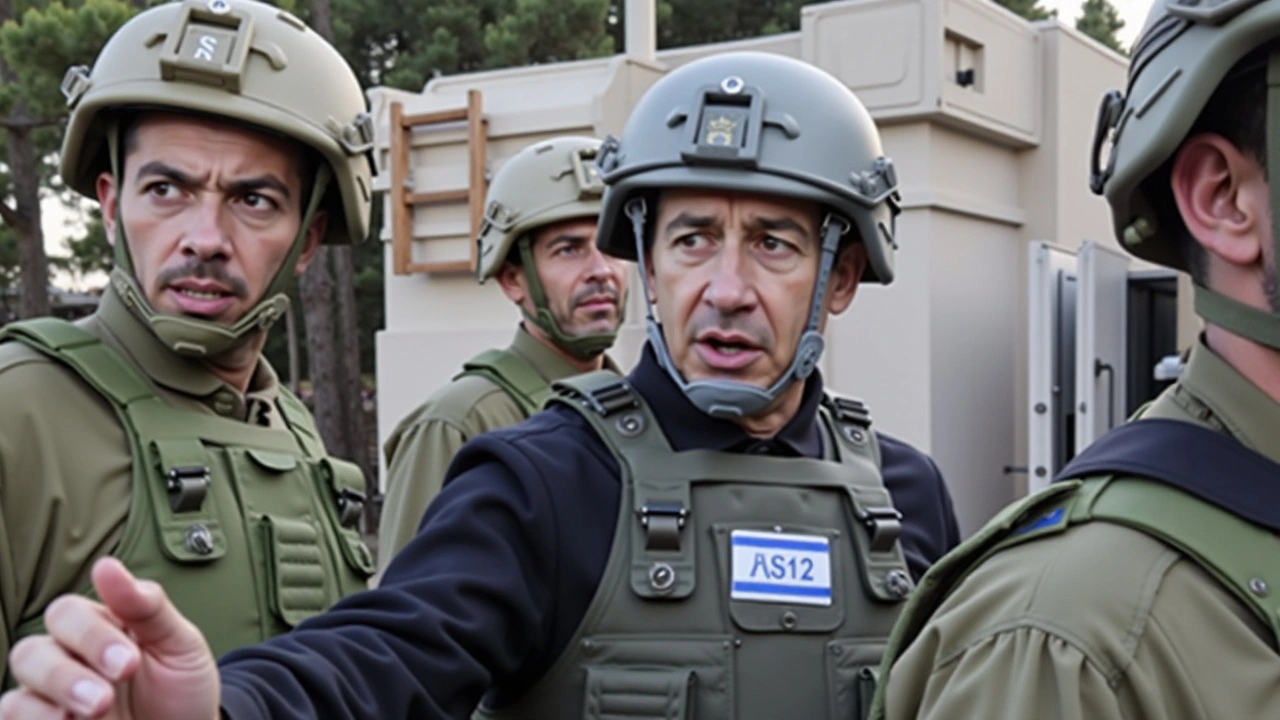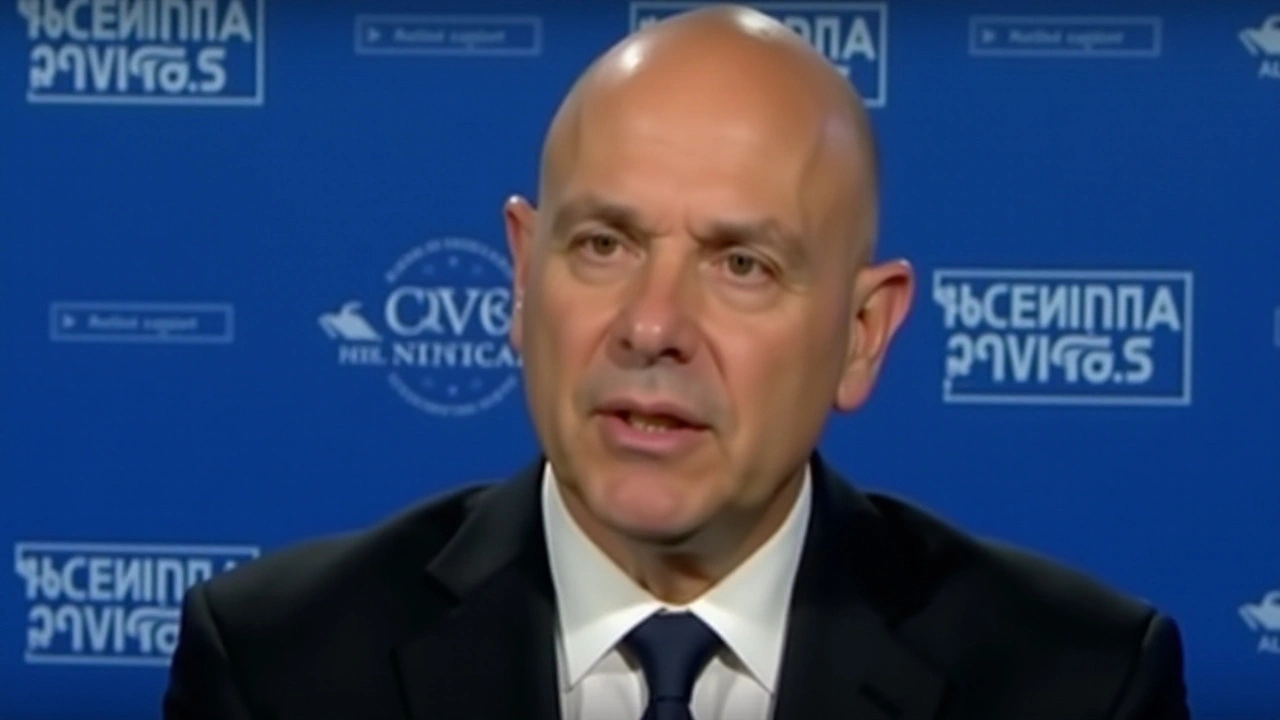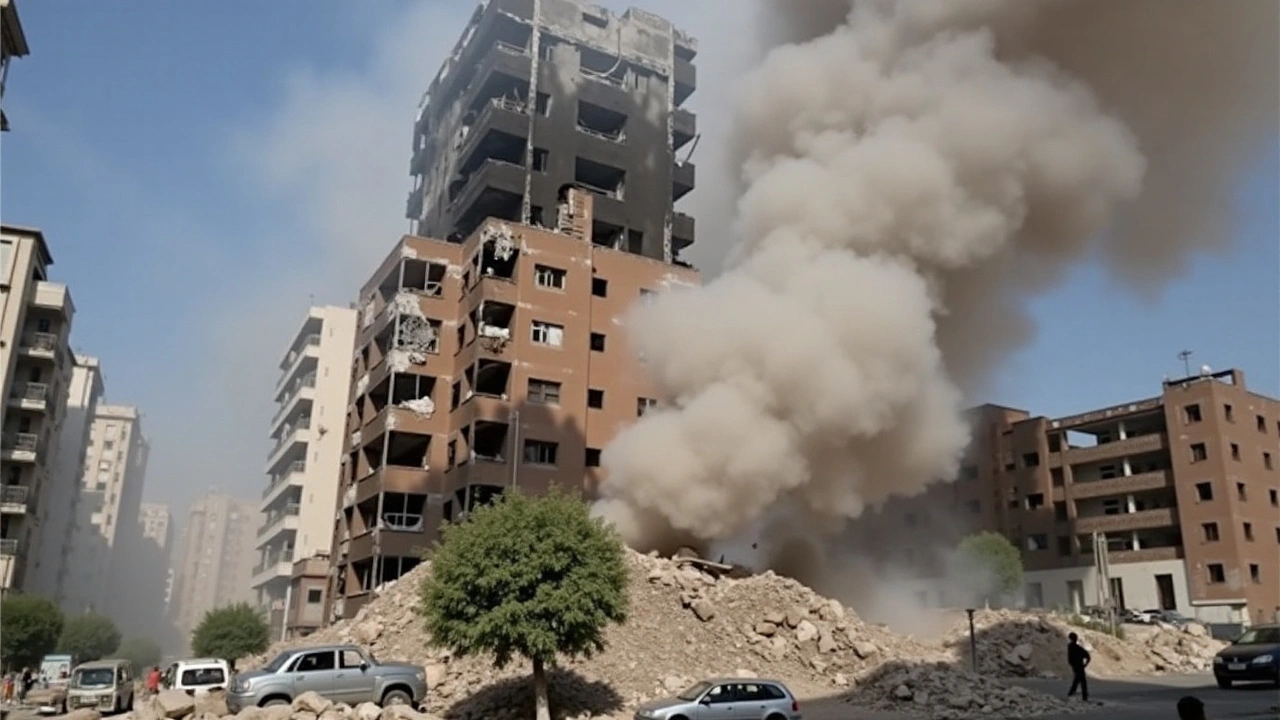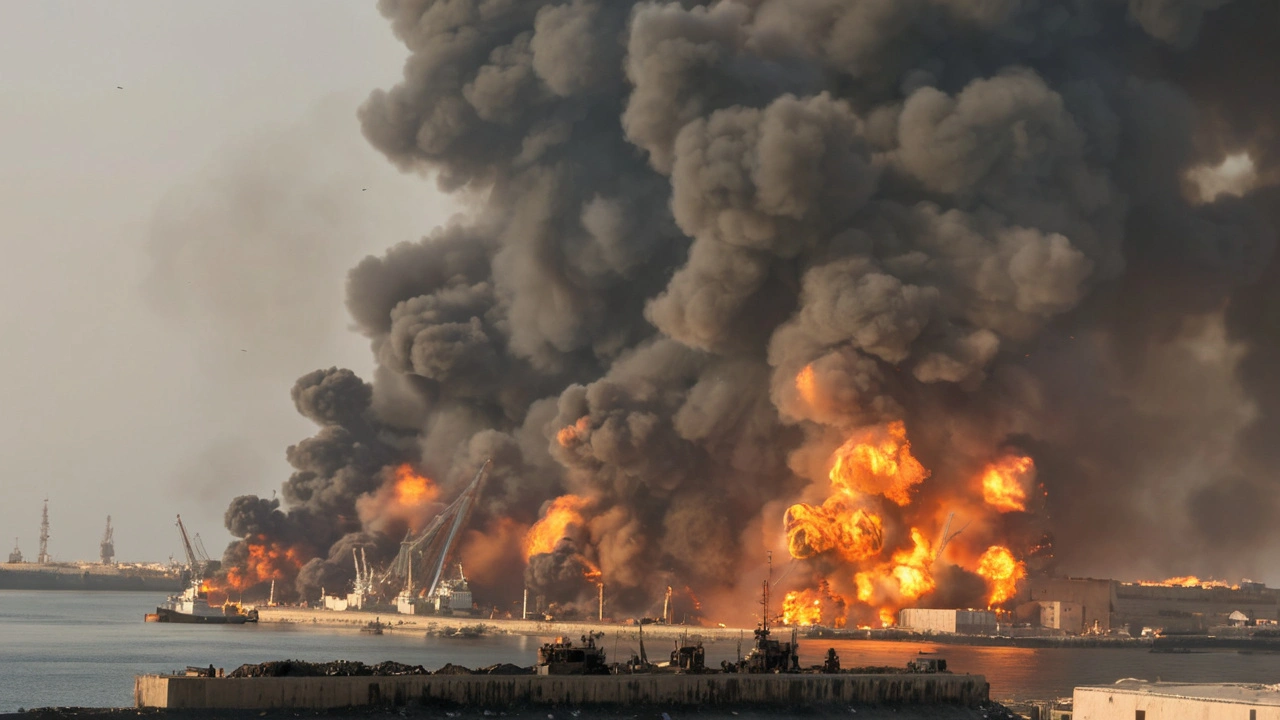Israel: Politics, Conflict and Diplomacy
Israel's politics and security decisions shape events across the Middle East. From ceasefire deals to courtroom battles and backroom diplomacy, news moves fast. Here you'll find clear, timely reports and practical context so you can understand what matters now.
Prime ministerial moves often change the game overnight. Benjamin Netanyahu's recent ceasefire deal with Hamas, brokered by Egypt and influenced by close ties to former US president Donald Trump, is a prime example. The agreement aims to free hostages and pause fighting, but it also risks splitting his own Likud party and leaves big questions about Gaza's future. We explain what the deal means, who gained leverage and what could happen if talks collapse.
On security, ground-level details matter. Civilian safety, hostage situations and military operations create constant human drama. Our coverage focuses on verified updates: confirmed ceasefire terms, lists of released hostages, and verified casualty reports. We highlight which urban areas face the most risk, where aid can reach civilians, and how weather, logistics and regional ports affect relief efforts.
Diplomacy is messy and crucial. Egypt, Qatar and the United States play visible roles, but smaller regional players and international law firms also shape outcomes. Expect shifting alliances, back-channel talks and public pressure from allies. We break down each actor's goals—what Cairo wants, what Washington insists on, and how European capitals and UN agencies respond.
Politics at home can stall or speed a deal. Domestic protests, coalition fights and legal troubles for top leaders change incentives fast. A leader might accept a temporary pause in violence to save political capital or face hardline rivals who demand a different approach. We map out the key political players and timelines so readers can follow cause and effect.
For people on the ground, practical info matters. If you have family in the region or plan travel, check travel advisories, border status and humanitarian corridor reports before moving. We link to official advisories, embassy notices and verified aid groups handling evacuations and relief.
What to watch next
Keep an eye on three things: whether hostage releases continue on schedule, any reported breaches of the ceasefire, and shifts in coalition support inside Israel's parliament. Those signals often predict whether a deal will hold, expand or collapse. Also watch international responses: new sanctions, aid packages or peace proposals can change leverage quickly.
How Desert Rose Daily covers Israel
We publish fast updates and explainers that cut through noise. Expect live summaries during major developments, expert analysis on diplomacy and clear briefings on humanitarian access. Our goal: help readers find trusted facts, not rumors. Read the full report on Netanyahu's ceasefire move for extra detail and timelines. Subscribe for real-time alerts.
Follow local voices, not just official statements. We include eyewitness reports, verified social posts and on‑the‑ground photos when possible. If you want deeper background, check our timeline of key events and explainers on law, humanitarian rules and regional history. Send tips or questions to our newsroom — we read every message.




